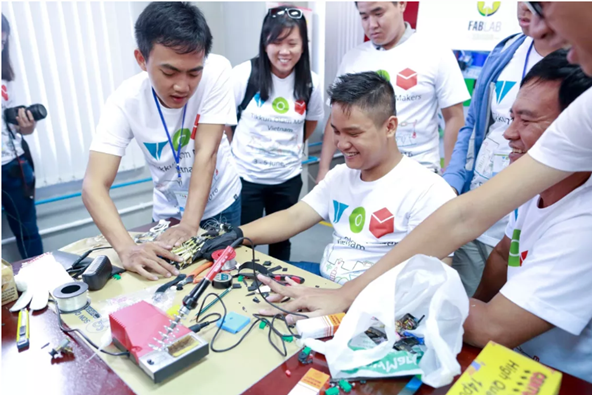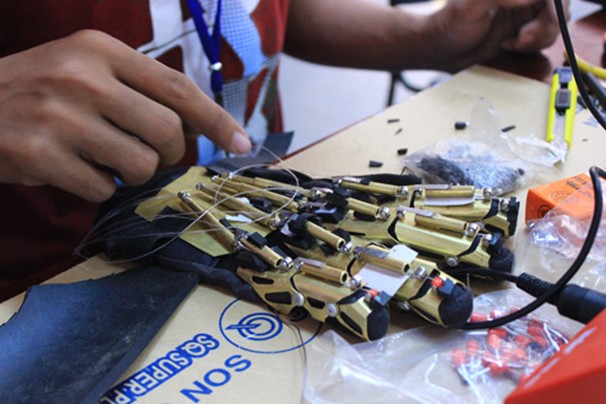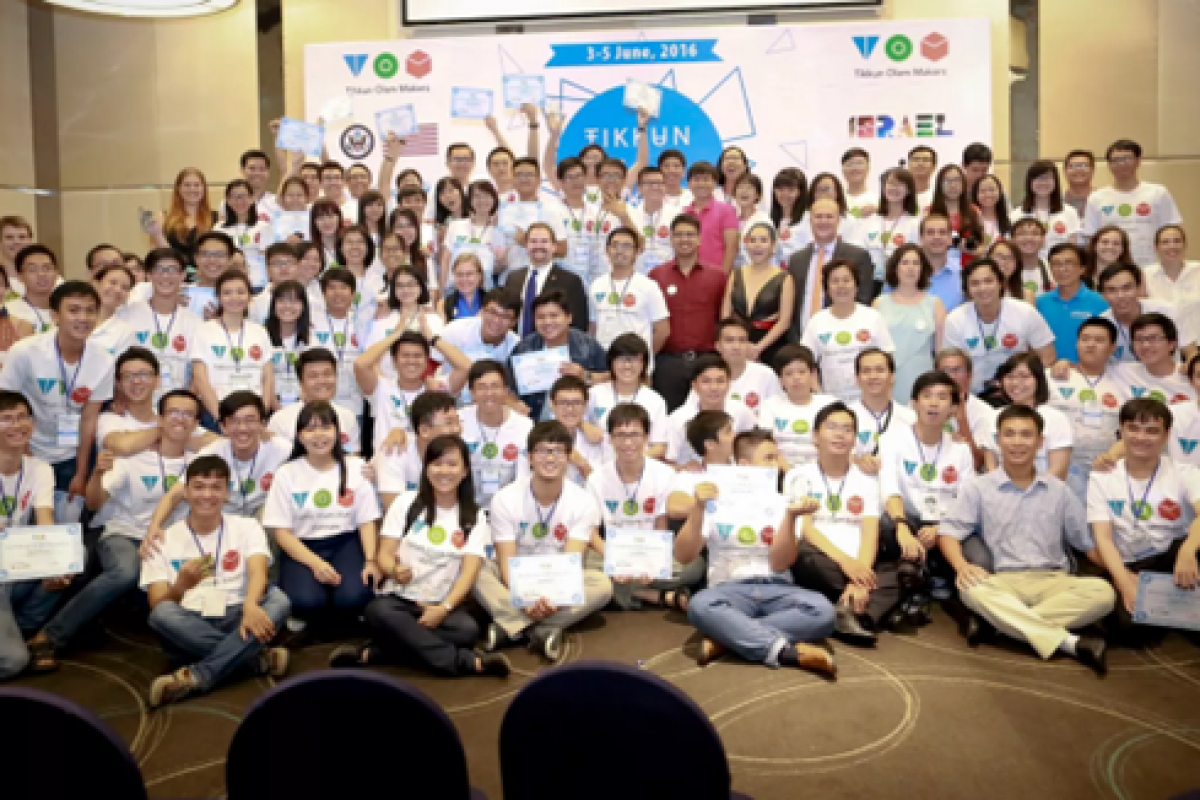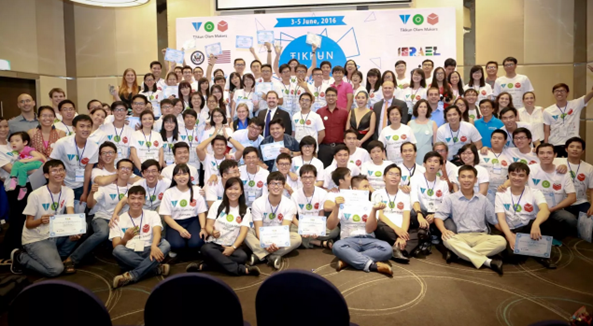Empowering youth, industry and society for a sustainable and digital future
What if Vietnam’s greatest challenge—the skills gap—could become its greatest competitive advantage?
Vietnam stands at a turning point. With a young, dynamic population – nearly 70% under age 35 – and a fast-evolving economy driven by manufacturing, digital transformation, and the green transition, the demand for future-ready, adaptable skills is growing faster than our education and training systems can provide.
The Numbers Tell a Stark Story
A 2023 World Bank study on Vietnam’s digital economy reveals that nearly 70% of Vietnamese graduates are not considered job-ready by employers, citing a lack of practical experience, critical thinking, and soft skills as major gaps. The ILO’s “ASEAN in Transformation: The Future of Jobs at Risk” 2016 report warns that 11.5 million workers—roughly 20% of Vietnam’s workforce—are at high risk of being displaced by automation by 2040. Globally, the World Economic Forum’s Future of Jobs Report 2025 highlights that 39% of current skills will be obsolete by 2030, with 63% of employers identifying skill gaps as the number one barrier to transformation.
The Solution: Action-Based Learning (ABL)
To close this growing gap, Vietnam must shift decisively from theory-based education to Action-Based Learning—a hands-on model where students tackle real-world problems while developing critical thinking, teamwork, and systems thinking skills. UNESCO’s Reimagining Our Futures Together 2023 global report emphasizes that education systems must evolve toward collaborative, real-world learning environments, anchored in care, sustainability, and social engagement.
At Crossroads Vietnam, we’ve seen this approach transform lives. Through our involvement in the Tikkun Olam Makers (TOM) movement, students collaborate with persons with disabilities to co-create affordable assistive technologies. One recent project resulted in a low-cost mobility device that’s now being piloted in three provinces—demonstrating how ABL simultaneously drives STEM innovation, builds empathy, and creates social impact.

A Need-Knower tries the prototype developed by students and companies employees – Credits: Copyright: UNICEF Viet Nam\Truong Viet Hung
Why ABL is Perfect for Vietnam’s Future
- Employer-Ready Graduates: Students graduate with practical experience that meets real-world expectations
- Inclusive Innovation: Underserved communities become active contributors and innovators, not just beneficiaries
- Strategic Alignment: Perfectly matches Vietnam’s Green Growth Strategy 2021–2030, preparing the workforce for sustainable industries and digital transformation

The prototype has the aim of helping the Need-Knower to grasp objects – Credits: DRD Vietnam
The Path Forward
For Vietnam to lead ASEAN’s transformation toward a sustainable and resilient future, we must embed ABL across universities, technical schools, and industry training programs. We need education that’s directly connected to today’s challenges and tomorrow’s opportunities.
The question isn’t whether Vietnam can bridge its skills gap—it’s whether we’ll act boldly enough to turn our classrooms into launchpads for meaningful, sustainable change.
What innovative approaches is your organization taking to bridge the skills gap? How can we collaborate to bring Action-Based Learning to your sector?
We look forward to discussing your comments and suggestions!
Posted by Thomas Guidat, Senior Partner at Crossroads Vietnam, advising on action-based innovation and entrepreneurship programs across Vietnam and Southeast Asia.
#SkillsForVietnam #ActionBasedLearning #EducationReform #GreenTransition #FutureOfWork #DigitalVietnam #TOMMovement #CrossroadsVietnam #LifelongLearning








